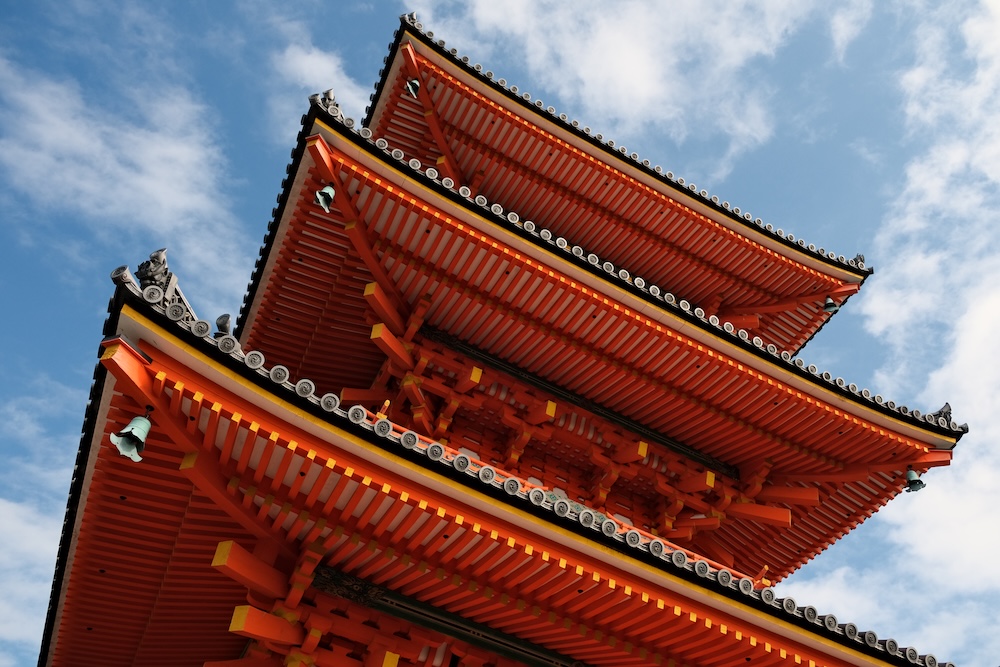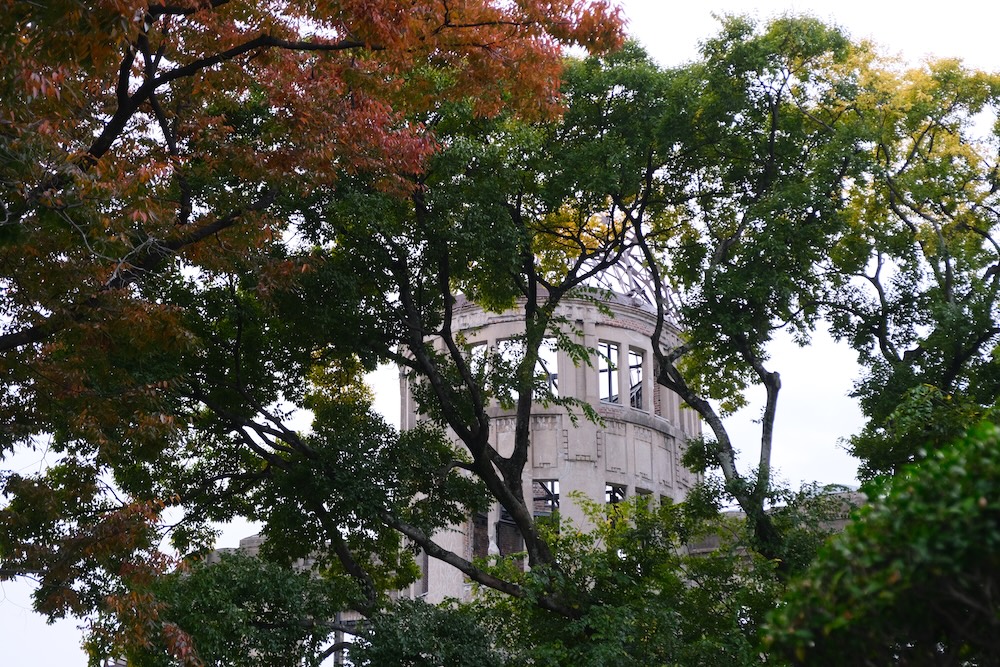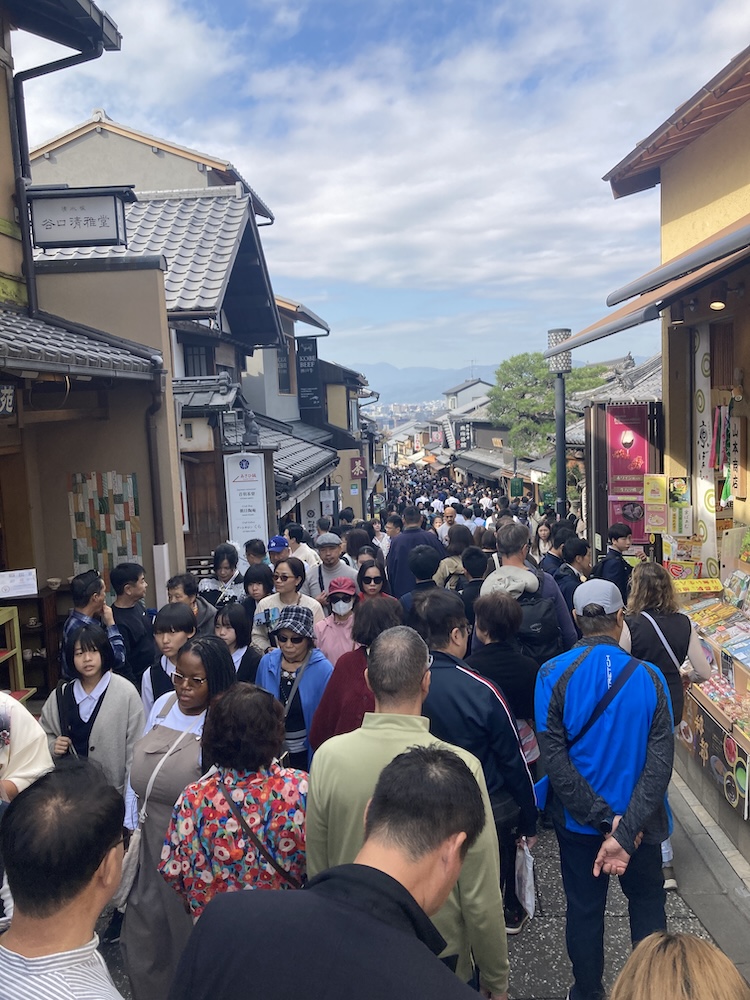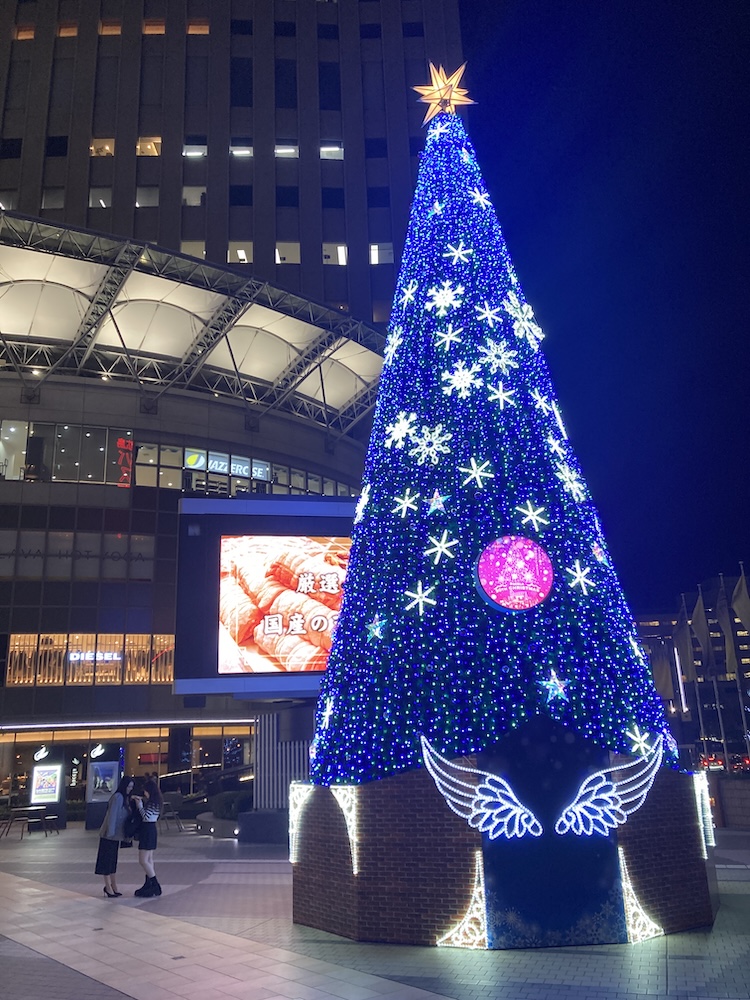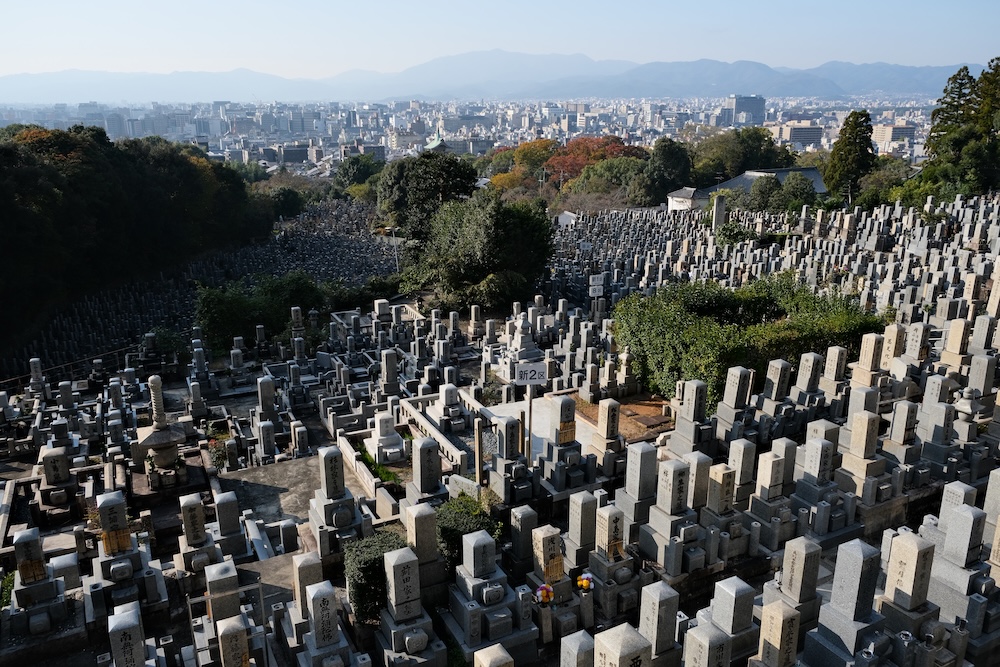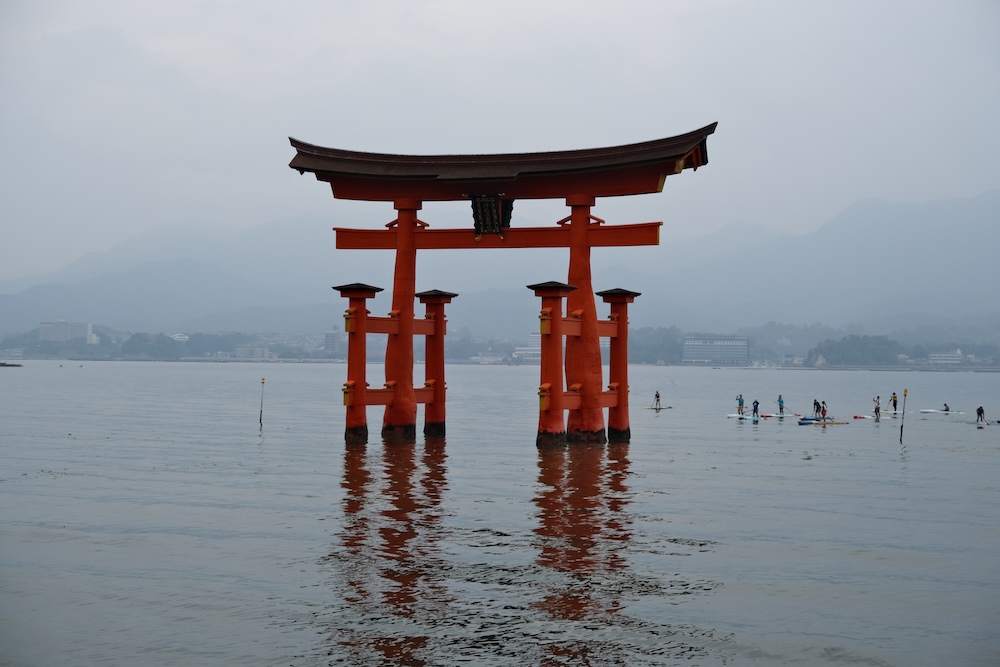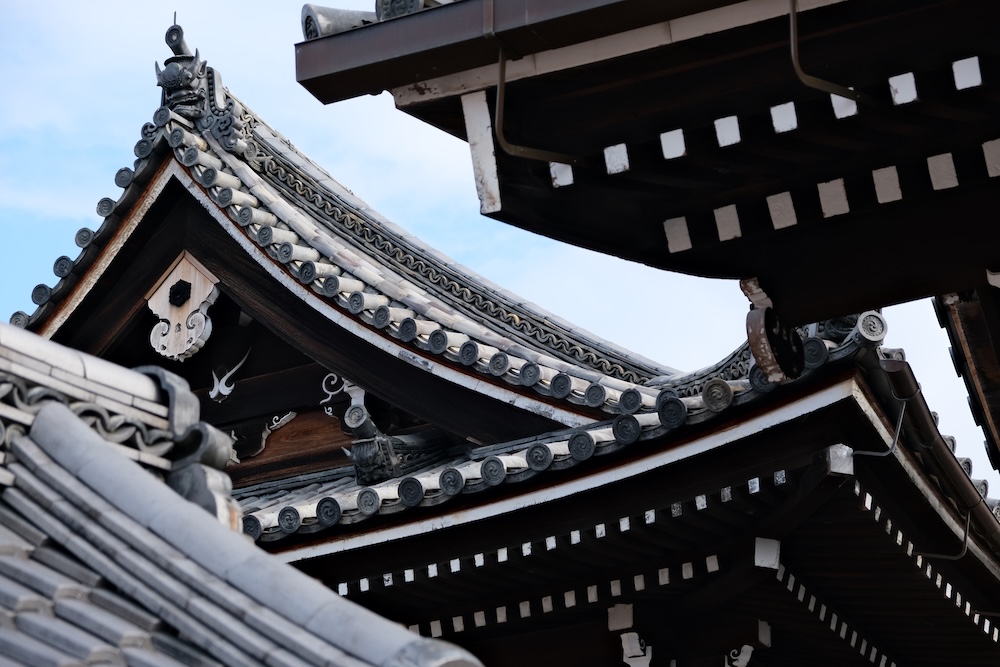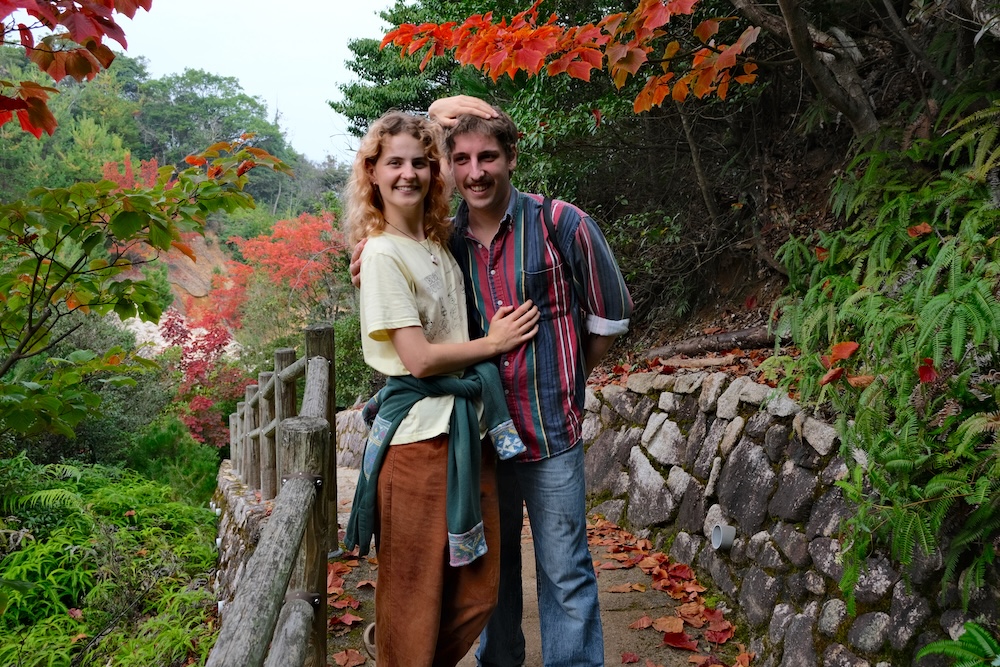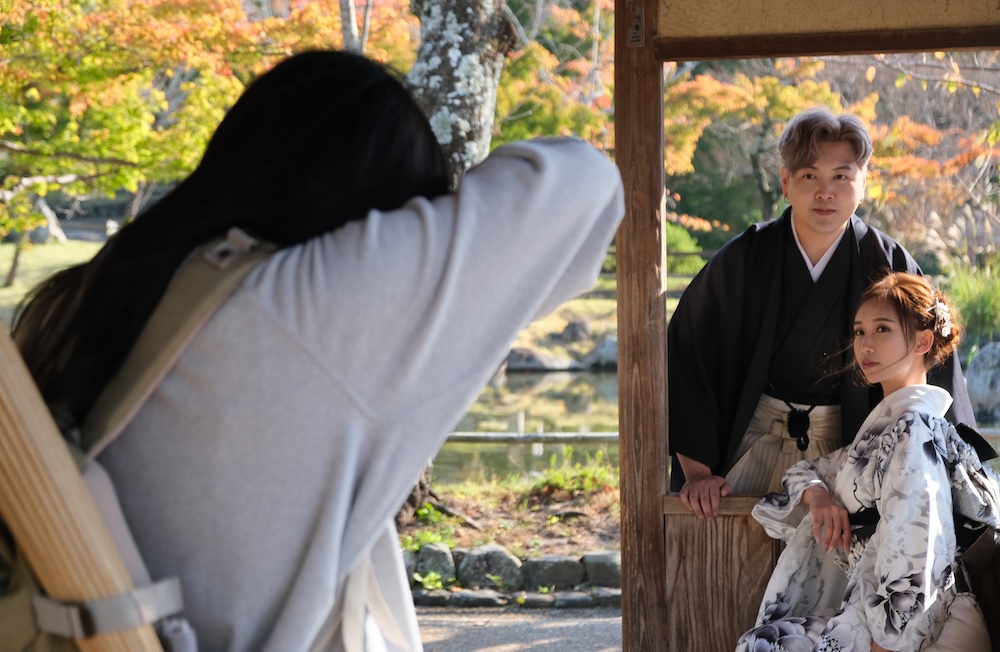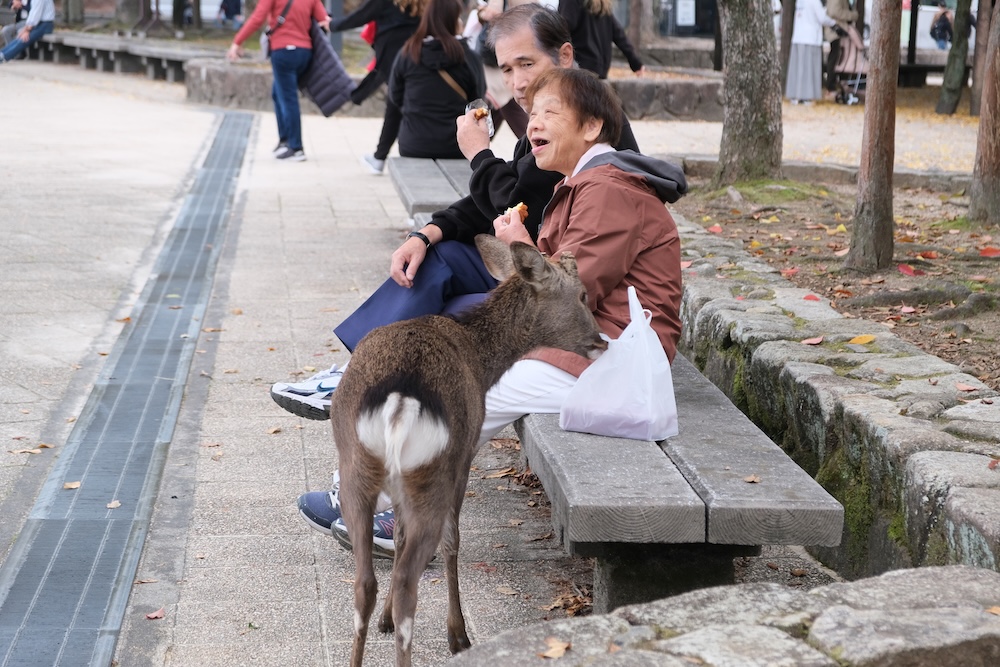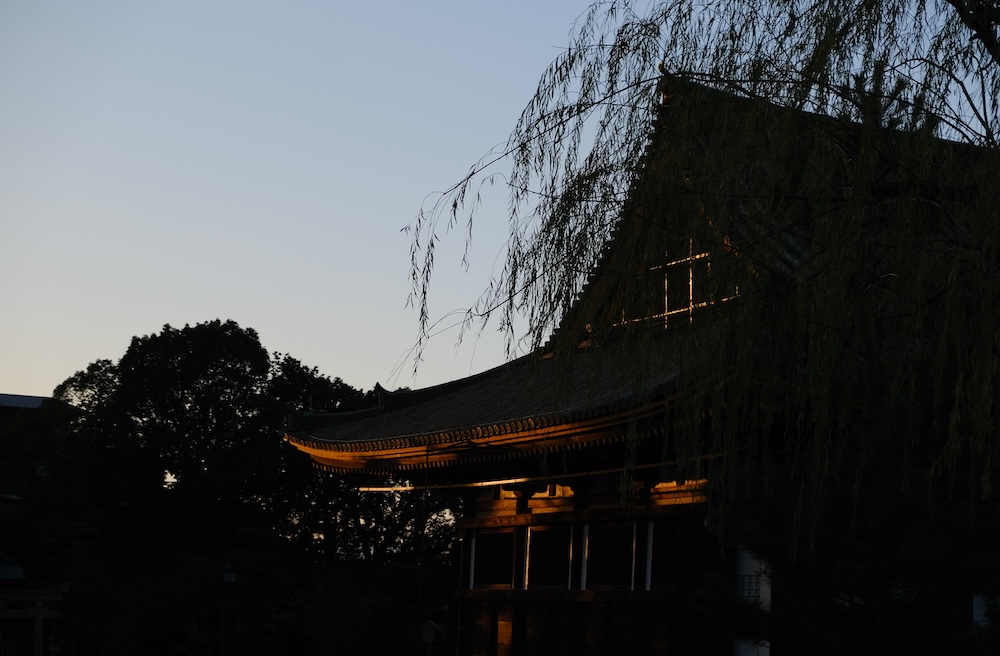Japan
Kyoto • Hiroshima
November 2024 • A tale of two cities ... Kyoto was spared by Allied bombers during WWII because of its cultural significance, and now the ancient shrines and narrow byways are being targeted by a different kind of attacker: package-tour groups, geisha cosplayers, and relentless selfie takers. Local residents are fed up with this year’s swarms—they’re looking through visitors rather than at them. A few tranquil zones remain, such as the city's side-by-side art museums and its massive hillside cemetery. Four hours away via bullet train is Hiroshima, bullseye of the most infamous aerial attack in history. Now it buzzes with shops, restaurants, public parks, and at least one dazzling Christmas tree. Unlike Kyoto, tourists here don’t flash the peace sign while grinning moronically near the Dome, and locals seem genuinely eager to host the world—my hotel even had a whiteboard with flags representing the nations of all current guests. Visiting Hiroshima began as a moral obligation, but the city revealed itself to be a showcase of head-spinning irony.
